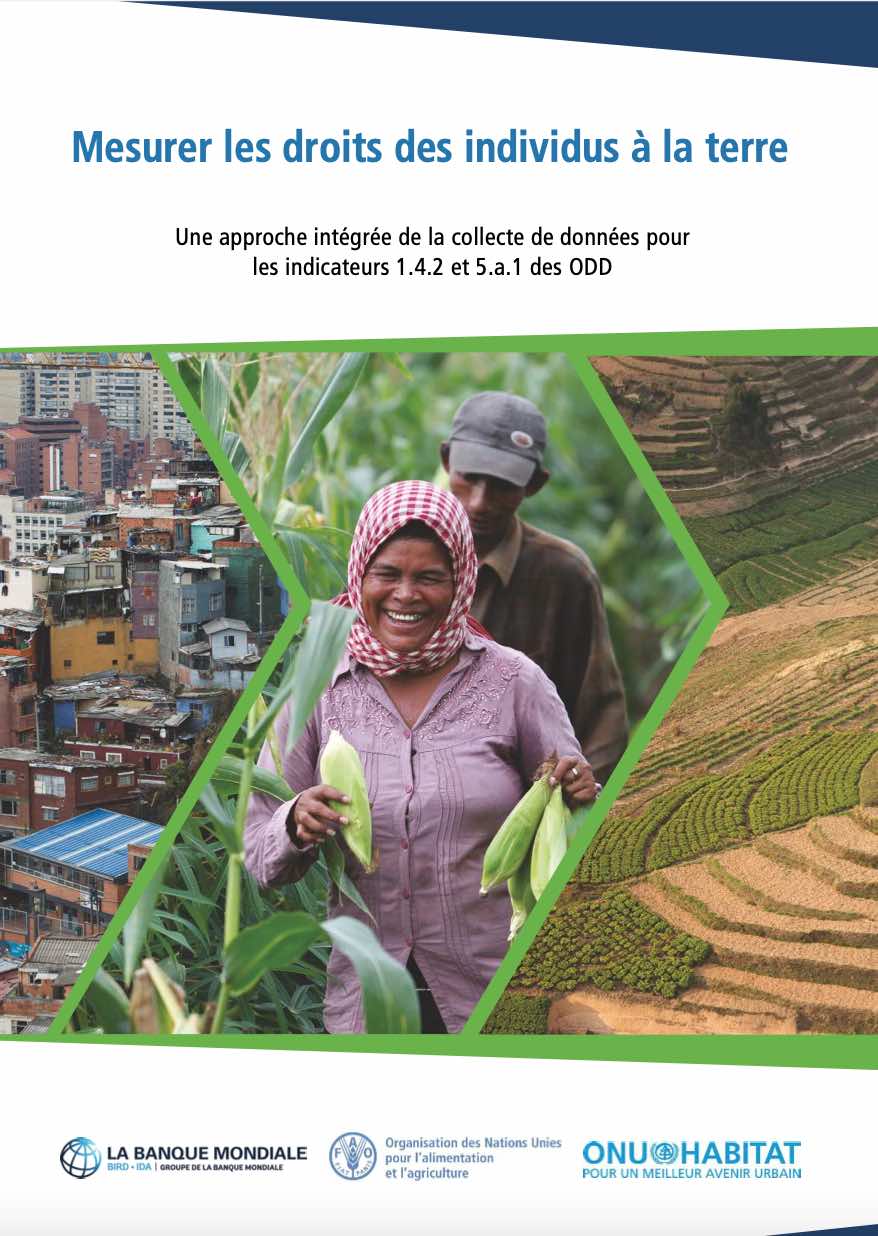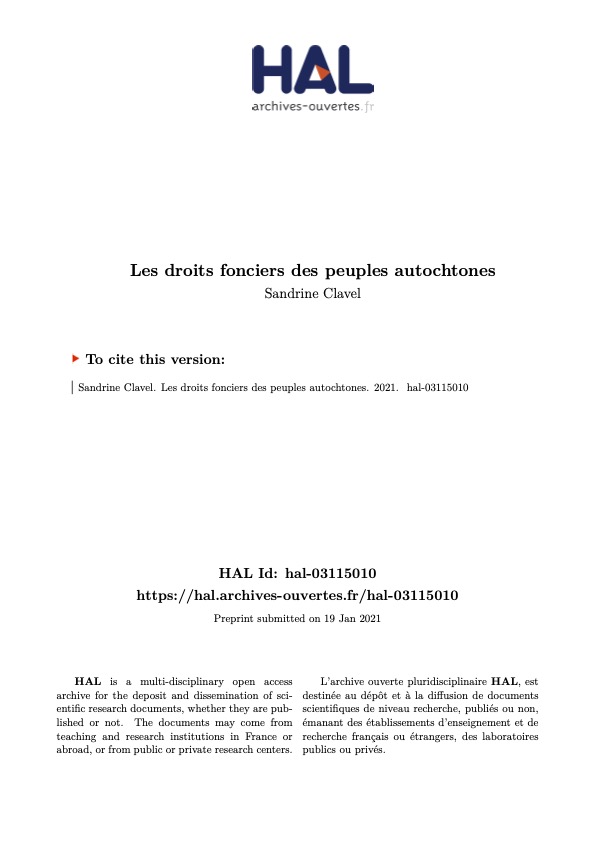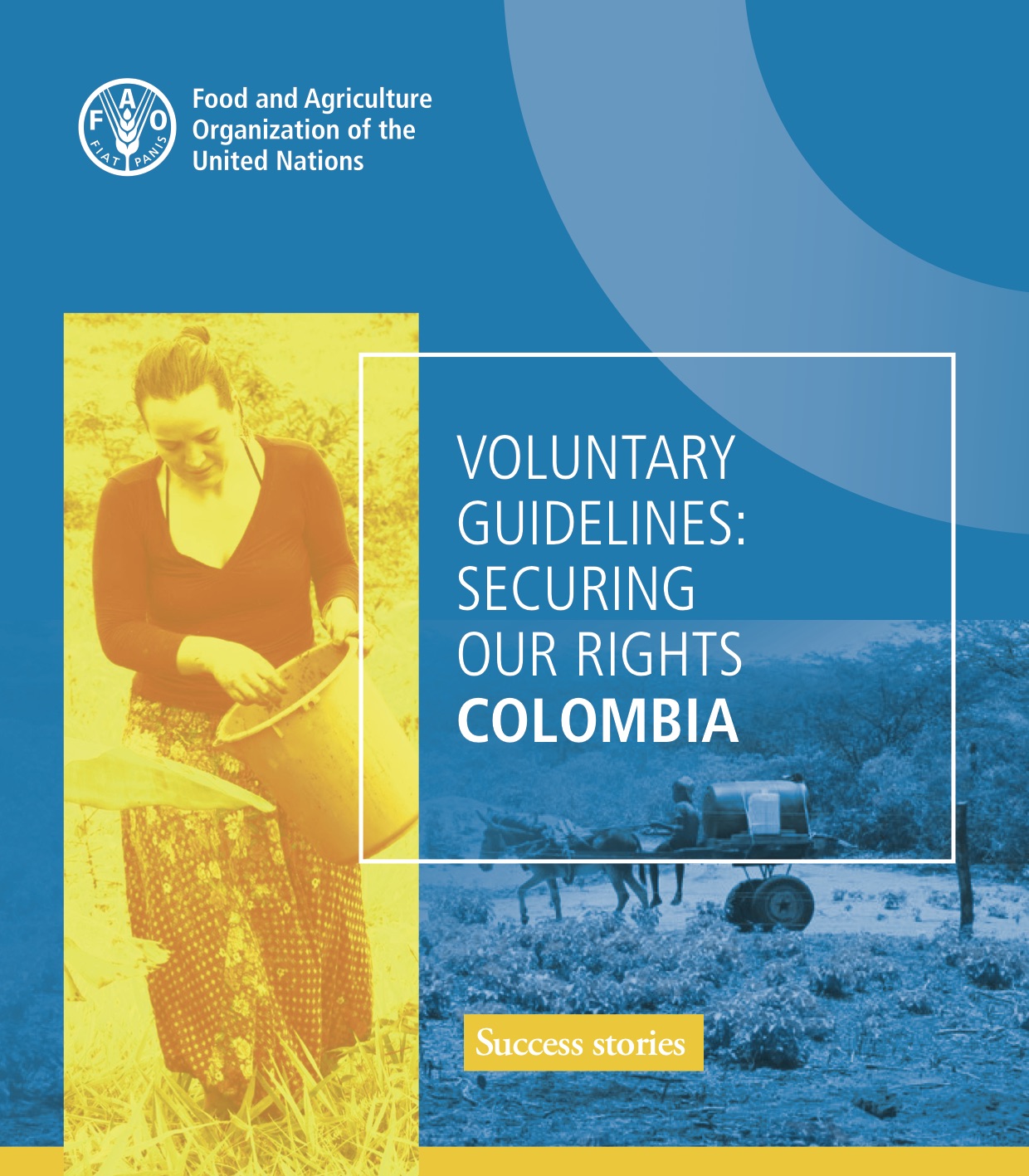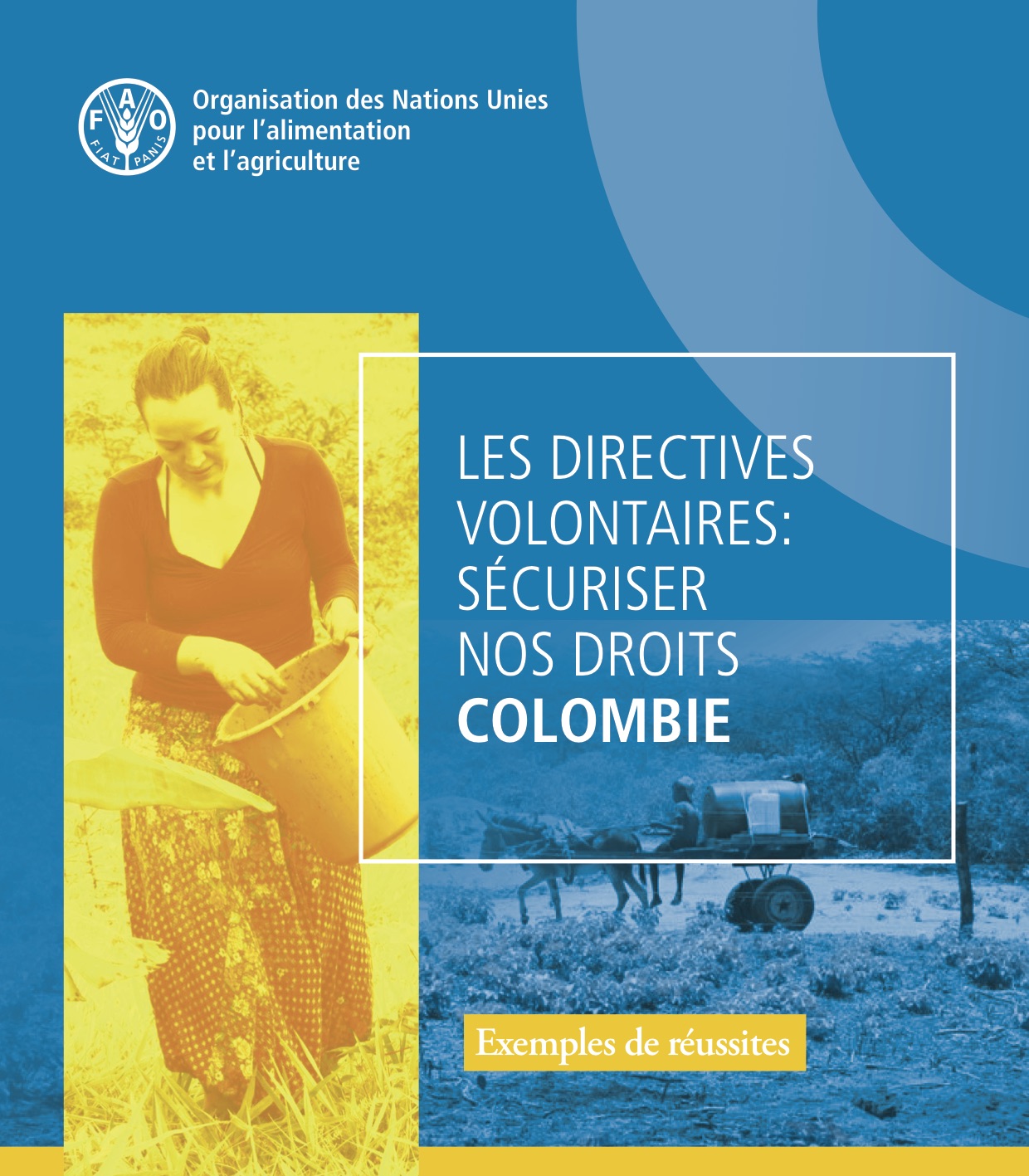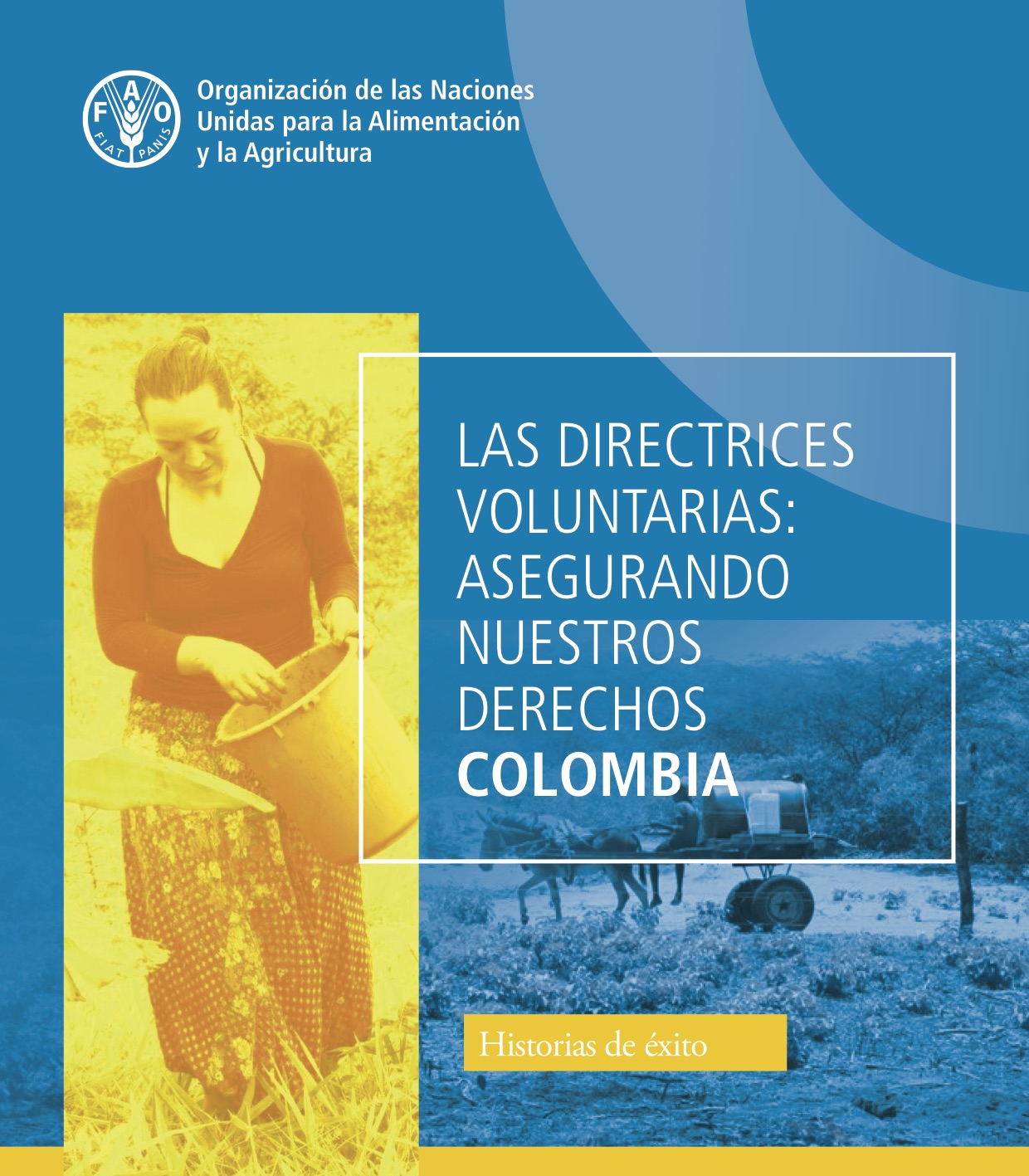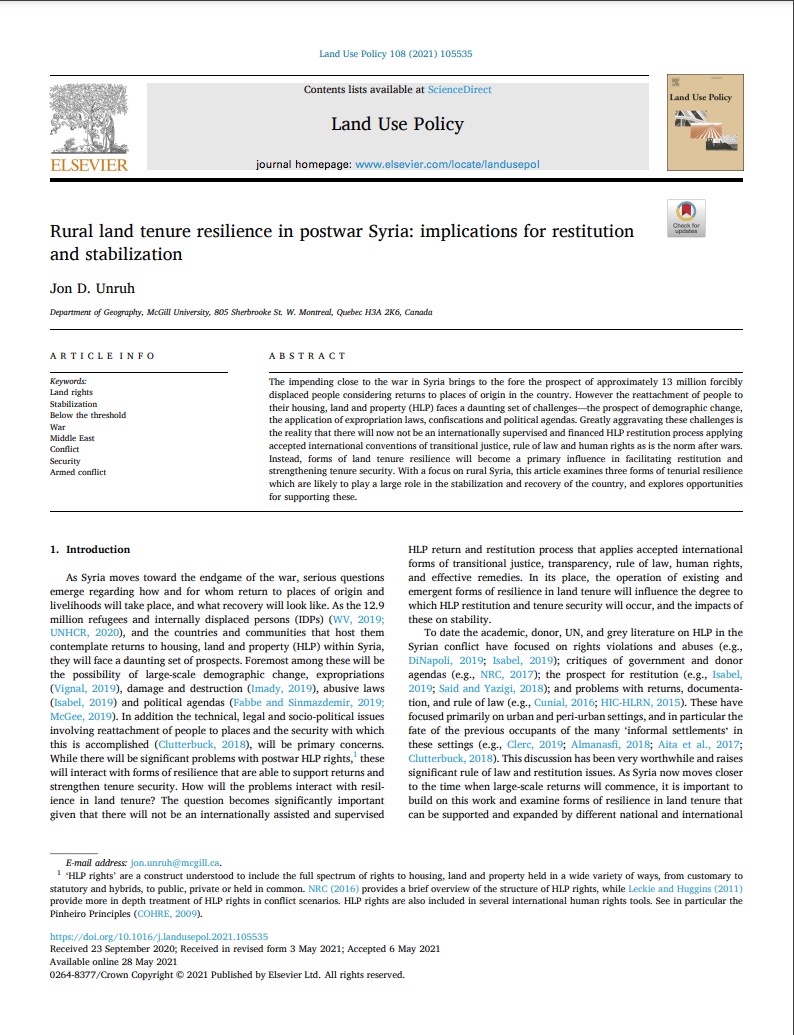This is our land: Why reject the privatization of customary land
A FIAN study reveals how digital technologies have become new tools for land grabs and sources of profits. Based on research in Brazil;Indonesia;Georgia;India and Rwanda;the study shows that the use of digital tools in land governance exacerbates existing forms of exclusion.


